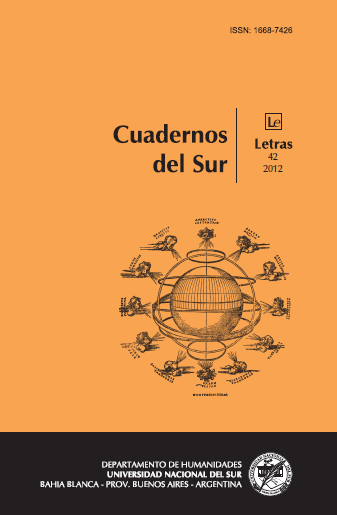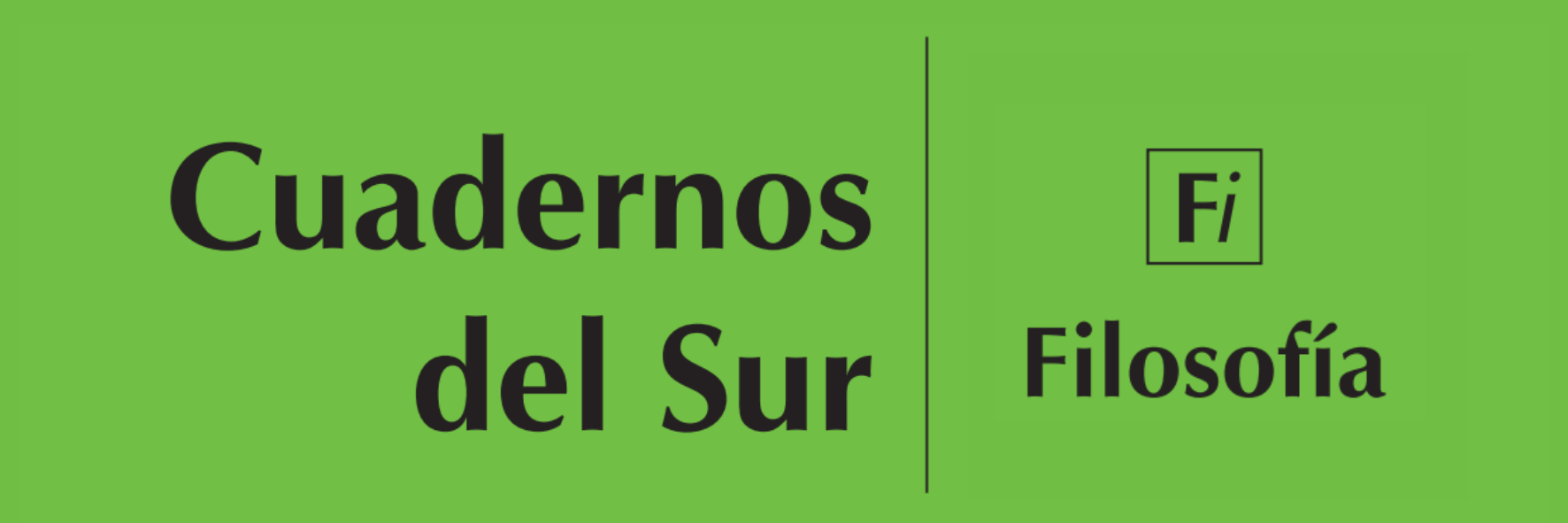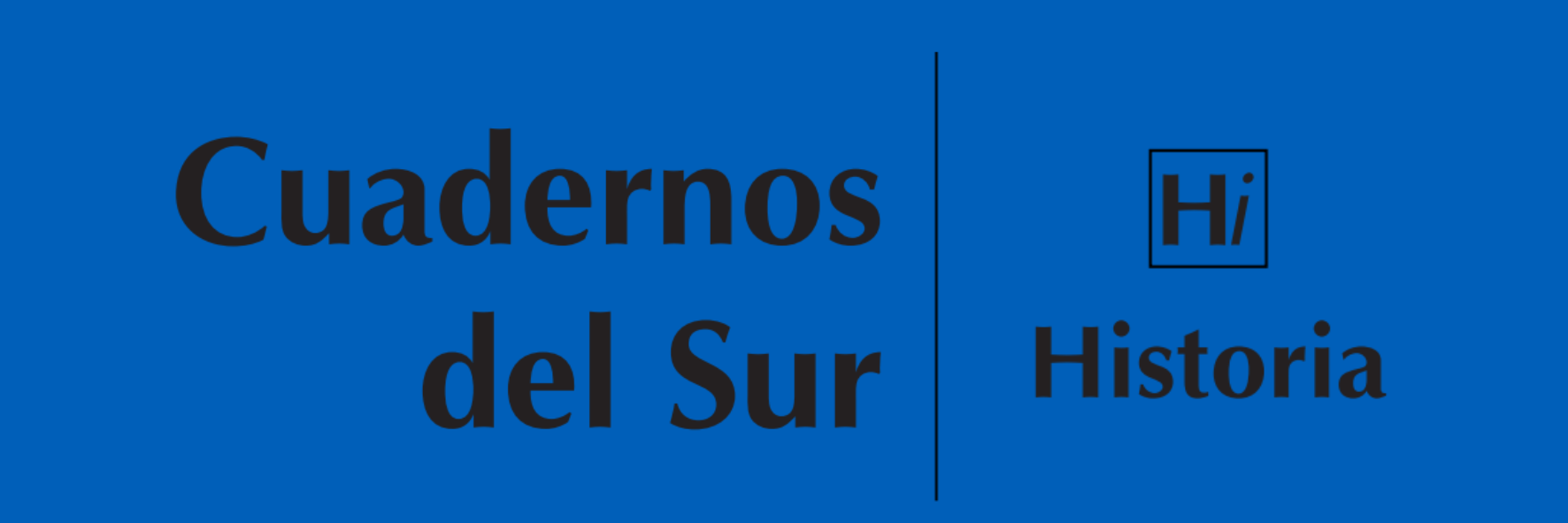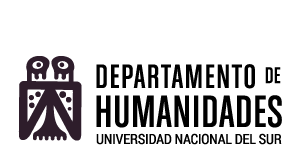Erotismo y libertad en Querido amigo de Angélica Gorodischer
Keywords:
Erotism, Transgression, TransculturationAbstract
In the novel Querido amigo (2006), Angélica Gorodischer resorts to the combination of two genres that allow her to introduce a very personal vision of the way towards transgression: the epistolary one and the erotic one. By means of a narration in first person express in the letters from the diplomat to his “dear friend”, she draws up the progressive trasculturation of the first one, toward an “other” orientalized culture. The incorporation, every time major, of erotic keys uncover how the self enters into a world of desire and searches for pleasant satisfaction, where the pornography bursts onto sporadically, as a sign of the arrogance and the impunity of whom they possess the power on the bodies of others. This way, while the self becomes detached of taboos and strict cultural structures imposed by the British propriety of the 19th century, moves away from his culture of origin colonial/imperialistic/pro-European until the transgression forces him to die for the Occident to be reborn for the Orient.
Downloads
References
Chevalier, Jean y Gheerbrant, Alain (2003), Diccionario de los símbolos, Barcelona, Herder.
Hall, Stuart (2003), “Introducción: ¿quién necesita ‘identidad’?”, en Hall, Stuart y du Gay, Paul, Cuestiones de Identidad Cultural, Buenos Aires, Amorrortu, pp.13-38.
Marzano, Michela (2006), La pornografía o el agotamiento del deseo, Buenos Aires, Manantial.
Páez, Natalia (14 de agosto de 2006), “Lo que molesta es que la gente se va a la cama y lo pasa bien”, Clarín, [disponible en http://www.clarin.com/diario/2006/08/14/sociedad/s-03701.htm, consultado el 15 de julio de 2013].
Downloads
How to Cite
Issue
Section
License
Copyright (c) 2012 Ana Carina Cremona

This work is licensed under a Creative Commons Attribution-NonCommercial-ShareAlike 4.0 International License.
Aquellos autores/as que tengan publicaciones con esta revista, aceptan los términos siguientes:
- Los autores/as conservarán sus derechos de autor y garantizarán a la revista el derecho de primera publicación de su obra, el cuál estará simultáneamente sujeto a la licencia Atribución-No Comercial-CompartirIgual 4.0 Internacional CC BY-NC-SA 4.0.
- Los autores/as podrán adoptar otros acuerdos de licencia no exclusiva de distribución de la versión de la obra publicada (p. ej.: depositarla en un archivo telemático institucional o publicarla en un volumen monográfico) siempre que se indique la publicación inicial en esta revista.
- Se permite y recomienda a los autores/as difundir su obra a través de Internet (p. ej.: en archivos telemáticos institucionales o en su página web) una vez publicado su trabajo, lo cual puede producir intercambios interesantes y aumentar las citas de la obra publicada. (Véase El efecto del acceso abierto).









